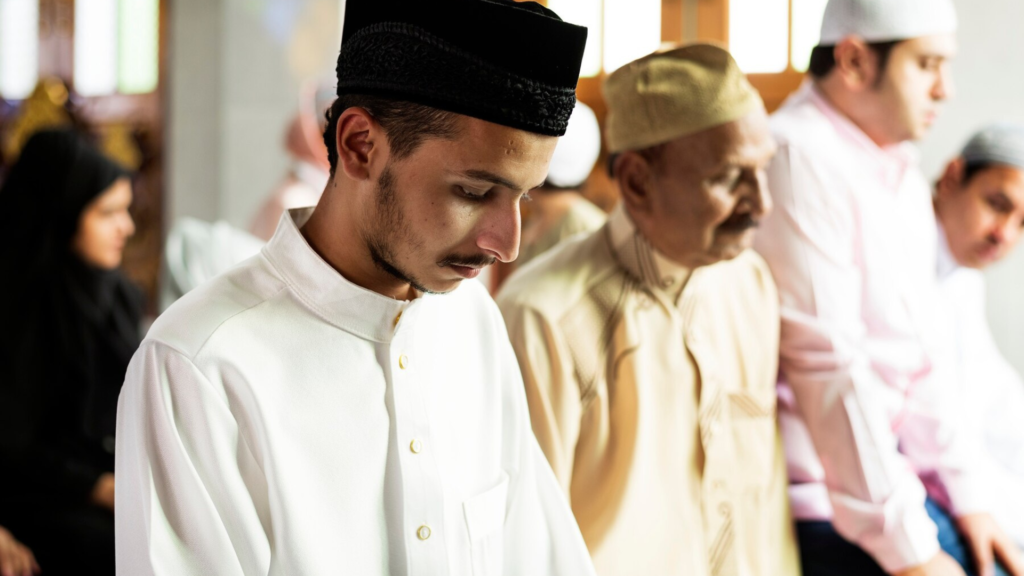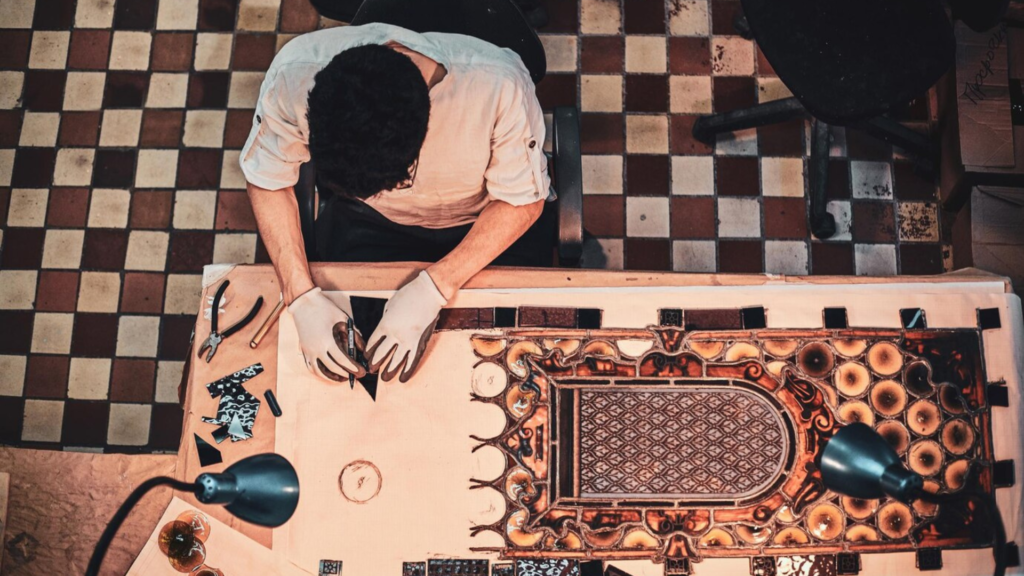The Spread of Islam in the First 100 Years
Thanks to Allah, Muslims today are starting to understand that their weakness, backwardness, and decadence are the result of being Muslims, as colonizers taught us for decades. However, they are not living Islam. Because of this awareness, the Muslims' hands began to reach out to the bookshelves in quest of things they had forgotten about long ago. Muslims need to go to the past once more to discover the starting point for a new renaissance and the right path. The Spread of Islam in the First 100 Years offers a clear example of this. They need to turn their uneasiness and loss of identity into constant activity and their meditations into solid thought.
We don't want a shallow, pointless, and short presentation of history to make heroes out of those who have done amazing things. Instead, we want a deep reading that makes you think about relationships and meanings in the example of the greatest person in history. In fact, if you think about how Muslims are doing now, you may say that there is a connection between how they were doing before Hijra. The differences in time and place do not change the fact that there are many things that are the same in the two dotted periods.
For example, Muslims are still weak and behind, and they need to find a way out of a hopeless situation

There are also similarities between the dispersing of hostile forces and the barbarity of the attacked and the plot. Because of their great religion, strong will, and other things, the early Muslims could fight back against attacks and kill the adversary. Allah helped them succeed, and they began to open up areas in Mecca, China, the suburbs of Vienna, France, and other places. What did Muslims do to get from a condition of despairing weakness to a one of victorious strength? I don't get how they could leave their houses in disgrace and come back in style.
How did they go from being tens to thousands, millions, and hundreds of millions? And how did they gain a great state under their own flag when they got nothing? What was the secret of how the backward Bedouins rose to the heights of civilization and fame? The Hijra is the answer to all of these concerns since it marks the start of Islamic history. Hijra is closely linked to history in general and to the history of Islam in particular. Or do we want to keep relying on other people, even in places where we may have written history ourselves.
We have seen a movement among individuals in recent days

Since the debut of the Islamic journal Al-Wa-y, to reclaim their Islamic identity by using Islamic words, phrases, and history again. This is a natural and necessary choice since we have almost melted into the vocabulary of other languages. Some individuals may want to think and imagine this as a formal question, but it isn't. The rebirth of the history of Hijra could be the first step toward the revival of the Islamic spirit and great accomplishments. Hijra is also the key to the success of Muslim society!
Is there anything more noble and beautiful than the spirit of Hijra and its effects that we can find in the history of the Islamic Ummah or perhaps in the history of all people? People expected that Hijra would bring about huge changes. Both Arabs and non-Arabs need the same depth and intensity of transformation. We don't need to fly or travel about, but we do need the constants and fruits of hijra. Isn't the weak state supposed to change into the strong state? A step back to move forward? Made by differences and fights instead of friendship and peace.
From random wandering to Ummah, which has clear goals, a well-organized state, and a specific purpose

Don't Muslims want to improve their society by moving from being consumers to restoring their own existence and helping civilization grow and improve. We need to convert hijra into a lighthouse, a starting point, and even a sign of the return of Islamic consciousness. Why do we wish to know the secret to success besides what Umar ibn al-Khattab used to rely on? It is clear that Umar chose the Hijra of the Prophet ﷺ as the beginning of Islamic history and the Islamic calendar on purpose, not by chance.
What better way to tell the history of a society than by the day it was born? Is there a more important day in the history of the Islamic State than the day it was founded and started? Umar (may Allah be pleased with him) didn't want to be like Christians or Jews by saying that a certain day or event was the beginning of Islam's history. He also didn't want to be like Arabs or non-Arabs. What could be more essential than the Hijra, which helped Islam survive, erected the first mosque and the first kingdom, and made great conquests possible?
Conclusion

Islam is the newest religion in the world, yet it didn't just appear out of nowhere. The historical conditions for preaching submission to Allah included the ancient Arabs' belief of surrendering to Allah and the cultural contributions of Judaism and Christianity that had a big impact on Muhammad's preaching. But Muhammad didn't just change old religions. He started a whole new religion He was born in Arabia, near Mecca, in the year 570 AD. He was a trader who traveled a lot with caravans, became very involved in religious activities in 610 and started seeing revelations that lasted until he left in 632.
The Arabic word for the book is Quran, which means "recitation." At first, Muhammad preached peace, but in 622, the people of Mecca expelled him and a few followers to Medina. After that, the new religion began to grow with the use of force. All of Arabia was conquered and forced to follow Islam. The Russian word for Islam, which means "submission," is really the name of the faith.
Komentar
Posting Komentar